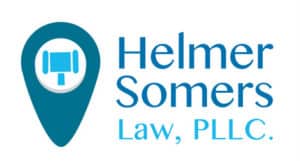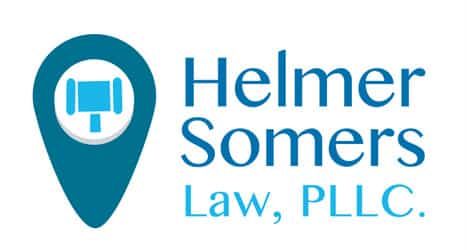
For those who are looking into the process of filing for bankruptcy, there may be a number of options on the table and it can be difficult for some to decide which route is best. In exchange for debt relief, Chapter 13 filers pay their discretionary income to their creditors over the course of a 3-5 year repayment plan.
Do You Qualify for Chapter 13 Bankruptcy?
To qualify for Chapter 13 bankruptcy…
- You must have a regular income.
- Your unsecured debt cannot exceed $419,275 (at the time of this post), and your secured debt cannot exceed $1,257,850 (at the time of this post).
- You must be current on tax filings.
- You cannot have filed for Chapter 13 bankruptcy in the past two years or Chapter 7 bankruptcy in the past 4 years.
- You cannot have filed a bankruptcy petition (Chapter 7 or 13) in the previous 180 days that was dismissed for certain reasons, such as failing to appear in court or comply with court orders.
If you don’t qualify for Chapter 13, consider looking into other debt-relief options.
The Wage Earner’s Bankruptcy Plan
The Chapter 13 Federal bankruptcy laws are an especially useful resource for debtors who have or expect to have a steady income and can use a portion of their income to pay down their existing debts. Chapter 13 has helped many people get rid of their debts. In Chapter 13 bankruptcy, you and your attorney will work to prove your eligibility for a debt reorganization to a bankruptcy trustee, who administers the proceedings. You’ll get court approval of a plan to repay both unsecured and secured debts in part or in full. You’ll pay over three to five years and will retain your assets. In the end, the remainder of some debts may be forgiven. Over overtime, you may be able to repay your debts and finally find the financial freedom that you have been looking for.
Is Bankruptcy Right for You?
There are pros and cons to bankruptcy. Bankruptcy can be intrusive — you have to disclose every last detail of your finances to the court, and other people may find out about your bankruptcy. Bankruptcy will also have an effect on your credit score. In most states, you will not lose pensions, retirement accounts, or life insurance in bankruptcy. Bankruptcy won’t relieve you of your obligation to pay your mortgage, but it might make your mortgage easier to pay by getting rid of other debts. If you file for Chapter 13, you can keep your home and pay off any mortgage arrears through your repayment plan. Some debts, like child support obligations, cannot be wiped out in bankruptcy. If bankruptcy feels inevitable, think twice before using retirement funds to pay bills. Bankruptcy may be your answer to get a fresh start financially. Weigh all options first by talking with a bankruptcy attorney.
We are committed to helping families resolve legal challenges and get back to their lives. We offer the guidance and support that you will need when you are involved with the legal system.
Contact Us (859-371-0730) for a Consultation Today
—

About Helmer Somers Law
Helmer Somers Law helps individuals and businesses navigate the complex system of rules that accompany all legal situations. We are licensed to practice in both Kentucky and Ohio and offers flexible, affordable payment terms for our services. We welcome the opportunity to earn your trust and become your lawyer for life! It’s a fact of life in the modern world. There comes a time for virtually every adult American when the services of a competent, dedicated lawyer are required. Circumstances such as divorce, bankruptcy, estate planning or an income tax audit demand that your rights be protected, and your long-term interests advocated for with diligence and perseverance. When you call Helmer & Somers Law, you can rest assured that they will be.
